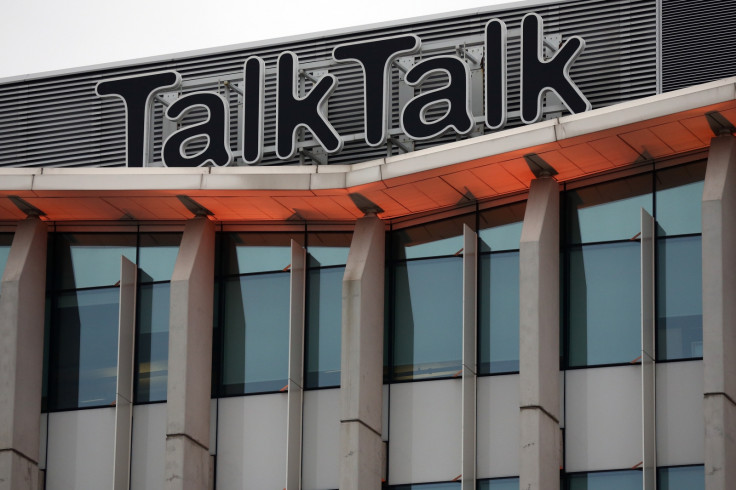British telecoms should see Brexit as 'an opportunity', says TalkTalk Business general manager
Kristine Olson-Chapman tells IBTimes UK digital economy could become more important for the UK post-Brexit.

Britain's telecoms sector should see Brexit as a business opportunity rather than a hindrance, as leaving the European Union could further boost the industry's profile.
Speaking to IBTimes UK, Kristine Olson-Chapman, the general manager of TalkTalk's Business division, said while it was too soon to tell what impact Brexit will have on the telecoms industry and on the British economy as a whole, there were reasons for optimism.
"Brexit will mean that the digital economy will become even more important," she said.
"It's already one of the UK's strongest sectors, and many of the reasons why the UK is an attractive place to invest and grow tech businesses are still here – we have a highly-skilled, highly-educated, highly-motivated workforce and the UK has embraced the digital economy like no other nation on earth.
"There is an opportunity for our industry here. Businesses will need connectivity and innovation in order to compete on a global scale, and those in the sector who can adapt and help organisations meet the challenges of a post-Brexit world will thrive."
The way businesses use the internet has changed radically in the last few years, which has meant the role of the business telecoms provider has also fundamentally changed. From the adoption of cloud collaboration tools, all the way to unified communications solutions such as Skype for Business, the internet allows businesses and employees to operate from any location, and at any time.
However, challenges are always around the corner in an ever-changing environment such as the telecoms sector.
"Telecoms have evolved from simply providing a telephony service and internet connection to taking centre stage as key enablers of modern working practices," Olson-Chapman added.
"We have to be a consistently reliable, knowledgeable and trustworthy technology partner, staying ahead of the innovation curve at all times. Our customers rely on us for the robust connectivity and future-proofed services that allow them to maintain their competitive advantage in their markets."

Connectivity and security are very delicate issues in the sector and even more so for TalkTalk, which lost over 100,000 customers following a cyber attack in October 2015. A total of 156,959 TalkTalk customers had their personal data accessed, with 15,656 customers' bank account numbers and sort codes visible to hackers.
The fallout from the incident cost the firm up to £60m ($76.7m), but the impact on its business customers was very limited.
"Small subsets of TalkTalk Business customers were affected and notified at the time," the company said in response to query over the implications of the hack for its business clients.
Going forward, the next challenge for businesses will be to manage the roll out of the Internet of Things, as the additional data demands will mean that greater value connectivity will become more important than ever before.
Industry forecasts predict enterprise data in all forms will grow by a staggering 650% over the next five years.
"The fixed network will be need to effectively transfer greater volumes of information to feed Big Data applications used for business intelligence, while mobile networks will need to connect increasing numbers of smart devices across the business in vehicles and goods being shipped, as well as in customers' own homes and offices," Olson-Chapman said.
Business bandwidth demands are increasing constantly, thanks in no small part to the rise of cloud applications as well as IP telephony and it is clear that the rise of artificial intelligence and virtual reality services will only fuel this appetite even more.
Consequently, businesses of all sizes need to be prepared for the data demands of the future and TalkTalk have already rolled out new technology to some of their customers, such as providing businesses in York with gigabit connectivity to future-proof themselves.
"The network gives small businesses disruptively-affordable access to enterprise-level connectivity, allowing them to punch above their weight now and in the future," she explained.
"We are responsible for ensuring that our customers are able to transfer high volumes of data quickly and efficiently, while our traffic prioritisation ensures that mission-critical applications such as videoconferencing or cloud tools can be delivered securely, without interruption or lag."
© Copyright IBTimes 2025. All rights reserved.





















